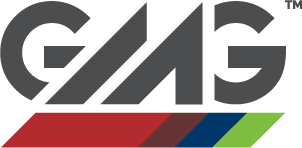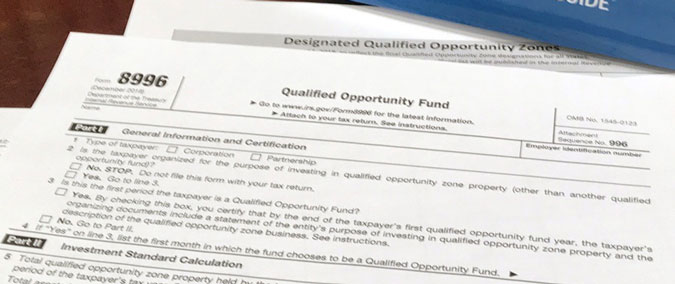As the buzz surrounding the Tax Cuts and Jobs Act (TCJA) begins to fade, one aspect of tax reform is just hitting its stride: Qualified Opportunity Zone Funds (QOZFs). By now, you’ve probably heard a little bit about these newly available investment vehicles and the tax perks that accompany them. But for many, the full benefit of QOZFs remains a mystery.
To help you better understand how QOZFs could benefit you, here are a few things to know provided by guest blog, Jacob Ouradnik of Abdo, Eick & Meyers, LLP.
What is a Qualified Opportunity Zone Fund?
A QOZF is an investment vehicle structured as a partnership, LLC (excluding single-member LLCs), or corporation to invest in eligible property within the bounds of a Qualified Opportunity Zone (QOZ). A QOZ is a state-designated geographical area that is typically comprised of an economically distressed, low-income community.
What are the benefits of investing in a QOZF?
To reap the full tax benefits of a QOZF, you must follow these steps:
- Realize a capital gain.
Capital gain can be realized personally or within a business (i.e., a partnership, S corporation or LLC). Common sources of capital gain include a sale of stock or real estate. Without realized capital gain in hand, the tax benefits associated with investing into QOZFs do not apply.
- Invest your gain within 180 days.
As noted above, a QOZF must be structured as a partnership, LLC (excluding single-member LLCs), or corporation. You must invest your capital gain (in the form of cash) into a QOZF within 180 days from the date of sale that triggered the gain; however, special rules apply if gain is from within a business.
- Acquire property via the QOZF.
The QOZF has up to 31 months to deploy the invested cash to purchase eligible QOZ property, which could be in the form of QOZ stock, QOZ partnership interest, or QOZ business property. The most common form of QOZ property is real estate, but businesses opening within a QOZ may also qualify. For the property to be eligible, it must be acquired after December 31, 2017, and substantially all use must be within a QOZ.
Who can benefit from a QOZF?
If you’ve realized a capital gain, you can reap the benefits of a QOZF—regardless of whether you’re an entrepreneur, business owner, investor, or none of the above.
What are the tax benefits of investing in a QOZF?
There are three primary tax benefits associated with QOZF investments:
- Temporary deferral of tax on original capital gain for up to 8 years
- Permanent exclusion of up to 15 percent of the original gain
- If held for at least 10 years, the appreciation on the QOZF investment is realized tax-free
To put the benefits into perspective, here’s an example scenario: Bob realizes a $100,000 capital gain from the sale of a stock in 2018. Within 180 days from the sale of the stock, Bob invests $100,000 into a QOZF. Using only Bob’s $100,000, the QOZF purchases an empty lot located within a QOZ and constructs a building. The QOZF rents out the completed building. Bob holds his QOZF investment until 2030 when the QOZF sells the building and land for $300,000.
The tax implications and benefits of this scenario include the following:
- 2018 – The tax on Bob’s $100,000 capital gain was fully deferred due to his QOZF investment.
- 2023 – After 5 years, Bob sees a 10 percent permanent exclusion of original gain.
- 2025 – After 7 years, Bob sees an additional 5 percent permanent exclusion of original gain.
- 2026 – Bob pays tax on the remaining 85 percent of the original capital gain.
- 2030 – Because Bob held his QOZF investment for at least 10 years, $200,000 of appreciation on the real estate ($300,000 sale price less the $100,000 original cost) will be realized completely tax-free.
Explore your QOZF options sooner rather than later.
Taxpayers have until 2020 to reap the full tax benefits of investing into a QOZF. It’s prudent to consider your options as soon as possible so you can take advantage of the next big tax thing. If you have questions about QOZFs and how you can benefit, please don’t hesitate to contact Jacob Ouradnik, senior accountant at Abdo, Eick & Meyers, at [email protected] or 507-304-6808.





